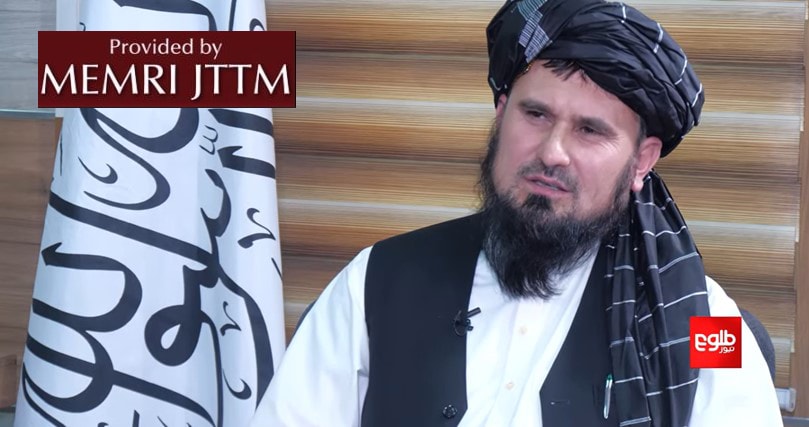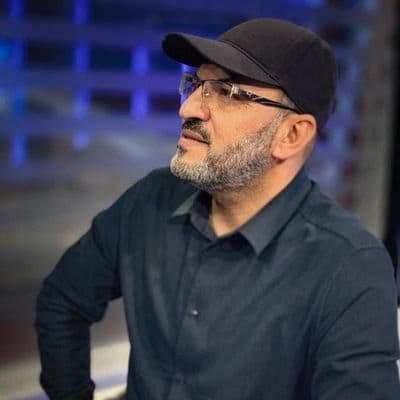The following report is now a complimentary offering from MEMRI's Jihad and Terrorism Threat Monitor (JTTM). For JTTM subscription information, click here.
On March 4, 2024, Afghan television channel Tolo News published short video clips of Qari Fasihuddin Fitrat, the Chief of Afghan Taliban's Armed Forces, on X[1] and YouTube.[2] In the interview, he was specifically asked about the existence of Ishtishhadi (i.e., martyrdom-seeking) battalions in the Taliban army.
Qari Fasihuddin Fitrat – who along with Afghan Taliban Defense Minister Mullah Yaqoob Mujahid met with the Emir of Qatar Shaikh Tamim bin Hamad Al Thani, on March 7 in Doha and inspected weapons at the Defense Exhibition of Weapons (DEMDEX) – offered his response in a qualified manner, warning that all Taliban fighters are Ishtishhadi by nature.

The short video clip on X contained only a few words, but in the full Dari-language interview of Qari Fasihuddin Fitrat published on the Tolo News' YouTube channel, the journalist asked him: "In the framework of the National Army and the framework of the Islamic Emirate, there is nothing called Istishhadi [suicide] forces?"
Fasihuddin Fitrat responded: "No. But our army, in case of any problem, if someone wants to invade and occupy Afghanistan again, all our forces are Istishhadi against them." He further said that "the Istishhadi forces were present during the period when Afghanistan was under occupation, and it was occupied by the Americans and their allies."
He stated in a part of the interview that "the Istishhadi battalion" had been disbanded and "its forces" have been recruited into "the army's Special Forces." His response is important because in January 2022, less than six months after coming to power, Afghan Taliban leaders had said that a battalion of suicide bombers would be part of the Afghan army and that 2,000 suicide bombers would be deployed at the Afghan Embassy in Washington D.C. if the U.S. deployed 2,000 troops at the U.S. Embassy in Kabul.[3]
The full text of this post is available to subscribers.
Please login or register to request subscription information from MEMRI




.jpg)